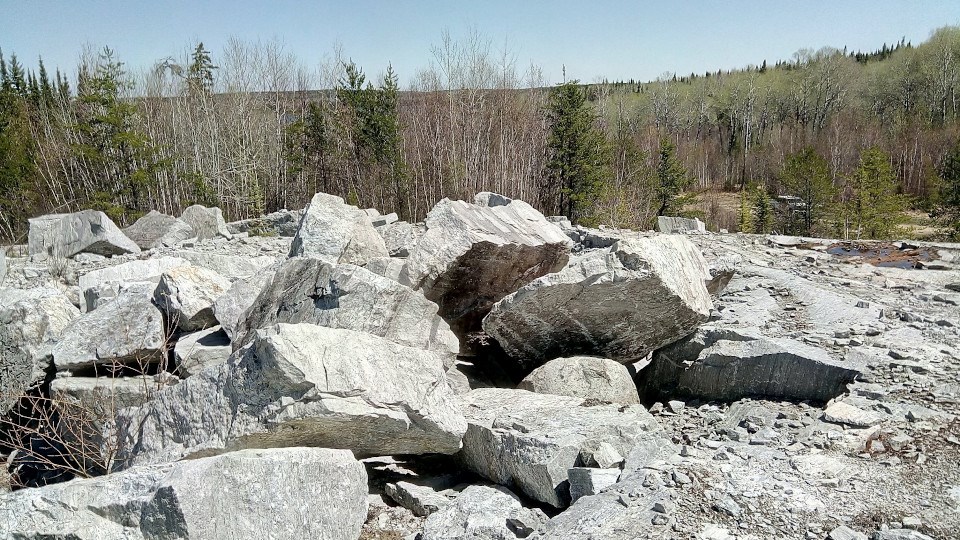Shuttered mine sites with legacy environmental issues pose a unique opportunity for Avalon Advanced Materials to recover rare earth minerals.
Don Bubar, CEO of the Toronto-based lithium and rare earth producer, talked strategy last week in a web call to shareholders, a day after announcing a partnership with Rock Tech Lithium on a possible processing plant for Thunder Bay.
Avalon is carving out a space in the clean and green tech economy with a diverse mix of Northern Ontario exploration properties in lithium, rare earth metals, cesium, tantalum and other non-traditional minerals that the company hopes to advance over the next couple of years.
These elements are experiencing a market resurgence and are expected to be in high demand by manufacturers in clean energy, electric vehicles, aerospace and defence, electronics and communications, and the medical fields.
Want to read more stories about business in the North? Subscribe to our newsletter.
Rare earth magnets, in particular, are used in electric vehicle motors and in generators for wind turbines.
While Avalon intends to bring their properties into exploration, Bubar thinks there are more mineral riches to be found in the rubble piles at old mine sites.
Decades ago, mines were typically developed to produce a single commodity. The massive tonnage of waste rock discarded in the tailings pile now contains many 'green technology' minerals with rising market value.
These sites can have long-term environmental liability issues, like acid mine drainage, which can be cleaned up, said Bubar, "while you're making money extracting the critical minerals from the waste."
The trick is selecting the appropriate technology to recover the minerals.
Bubar said the Avalon team visited a number of closed coal mines in the Appalachians where rare earths are associated with the remaining coal resource. In many instances, these former mines exhibit acid mine drainage issues with the rare earth "in solution."
"This is an example of how well Mother Nature has already done a lot of the hard work on the processing for you if you've got the rare earth into solution, and it's a matter of coming up with an efficient way to recover them."
Bubar said they're well on the way, working in tandem with Precision Periodic, a private U.S. technology firm that's come up with a passive filtration method, using nanotechnology, to selectively recover rare earth elements from acidic solutions.
"We see a huge opportunity here and it makes a whole lot of sense that this can be how the mineral industry can contribute to the new circular economy."
Bubar said they're looking for a demonstration site to scale up the technology while also scouting former mine sites in Canada.
Through various innovation partnerships, Bubar said they're heavily focused on mineral extraction technologies to produce the kind of pure and refined custom-made products required by customers.




